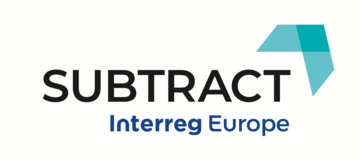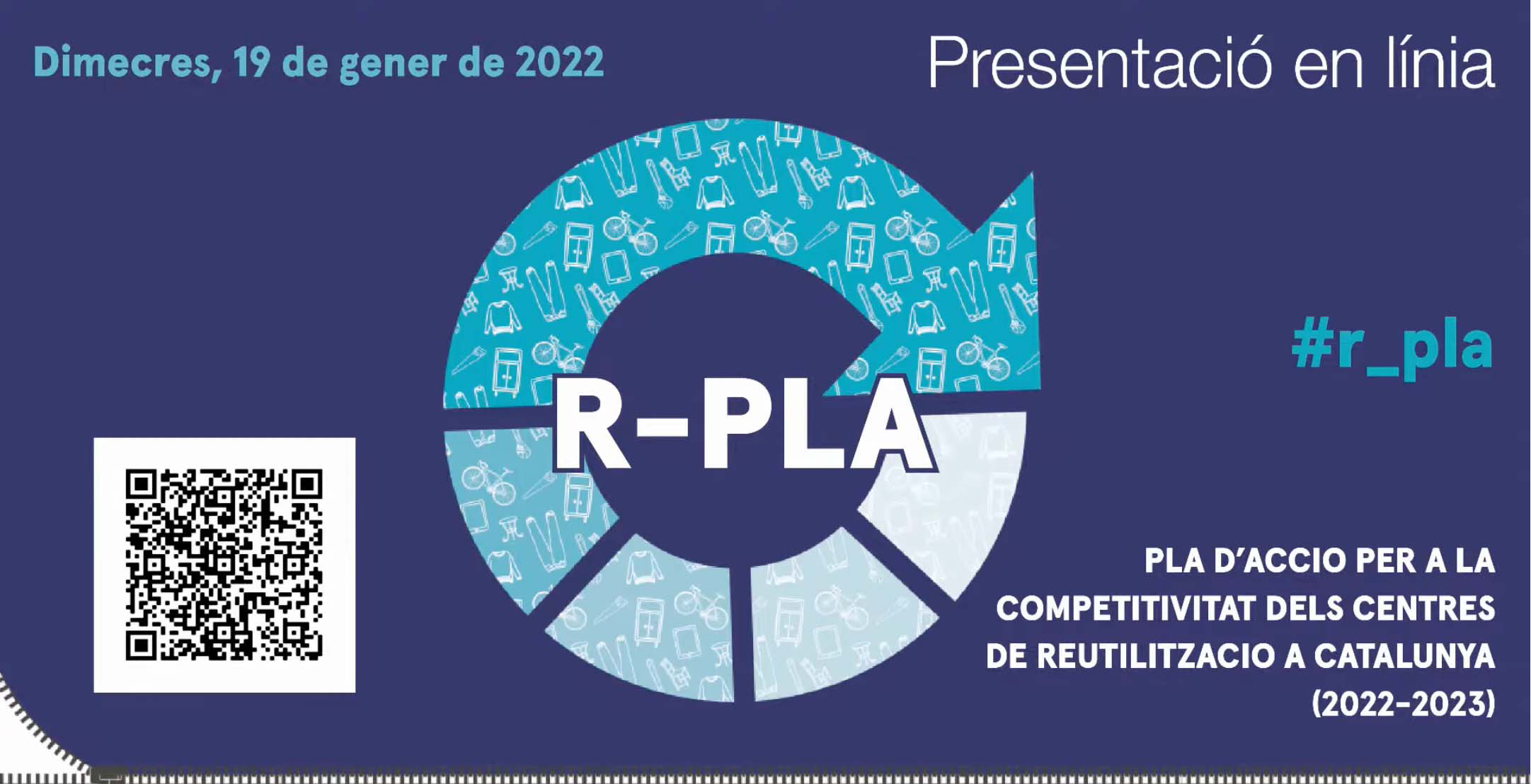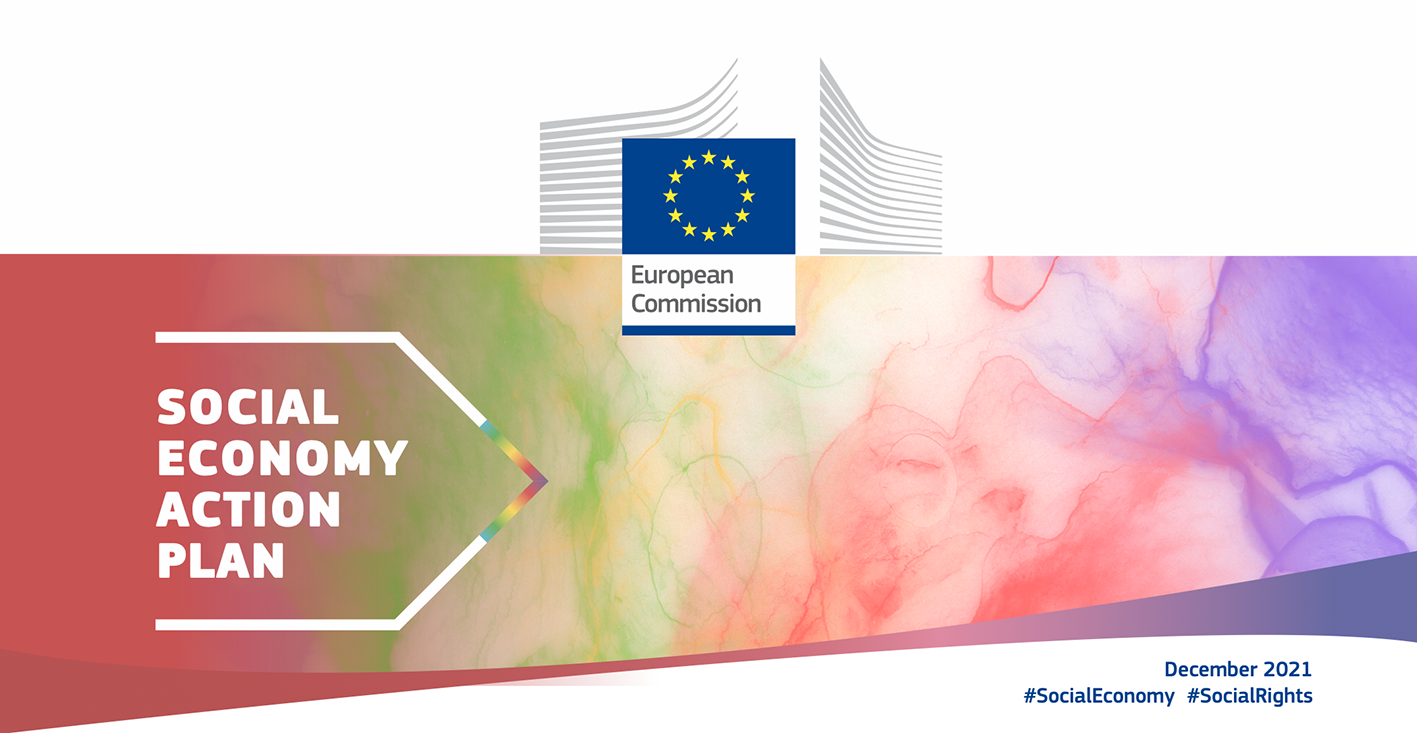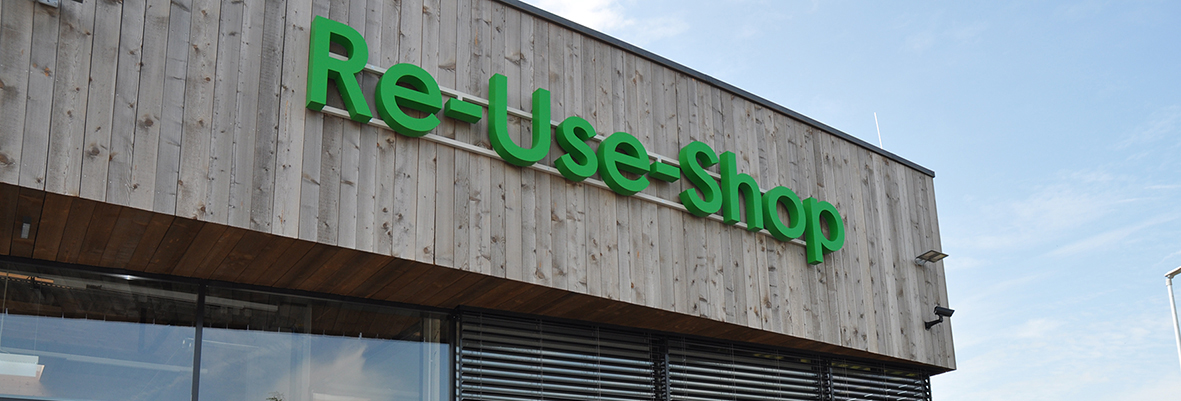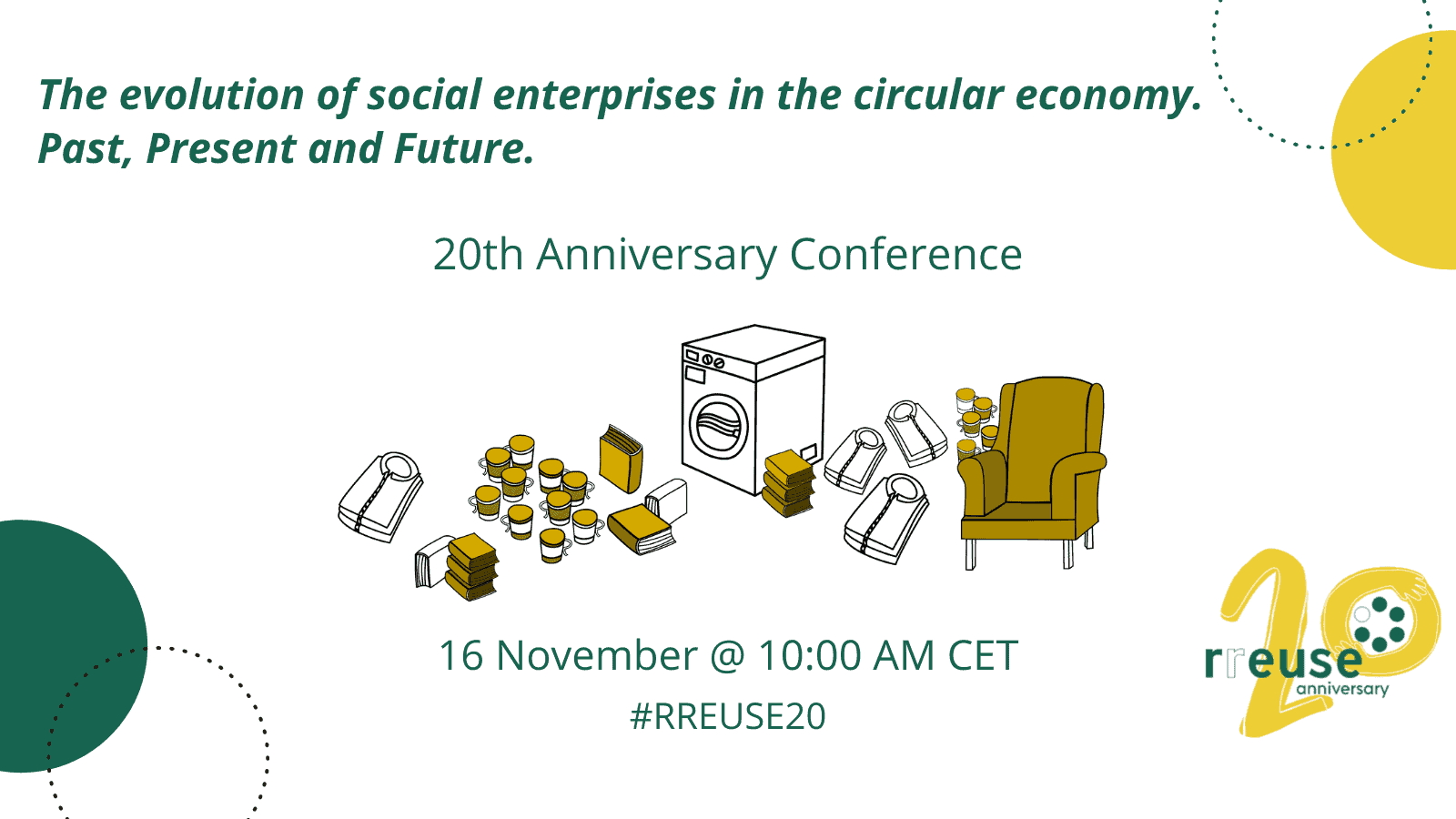Back in December 2021, the European Commission adopted a new Social Economy Action Plan, defining concrete legislative and financial measures supporting social economy across Europe, including enhanced visibility as well as access to finance and markets.
According to Social Economy Action Plan there are 2.8 million social economy entities in Europe that employ 13.6 million people, contributing significantly to job creation, work integration and sustainable growth.
"The contribution of the social economy is particularly remarkable for the development of a circular economy where it is pioneering activities and business models that retain the value of products and materials for as long as possible, reduce waste, provide cost-saving opportunities to citizens and create local jobs, especially in repair, reuse, sharing and recycling activities", the action plan states.
The new action plan aims at creating the right environment for the social economy to thrive (including taxation, public procurement and State aid), helping social economy organisations to start up and scale up by improving access to funding and information as well as enhancing visibility and recognition of social economy through communication and access to training.
Among actions proposed by the European Commission, is a new EU Social Economy Gateway providing information on EU funding, policies, training and initiatives as well as a European Competence Centre for Social Innovation, to be launched in 2023 and 2022 respectively.
You can watch the EU Social Economy Action Plan launch event here.
Source: European Commission
